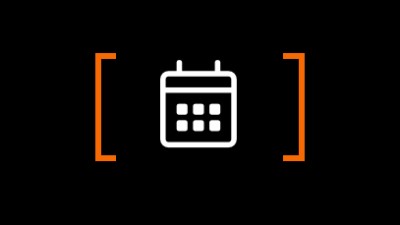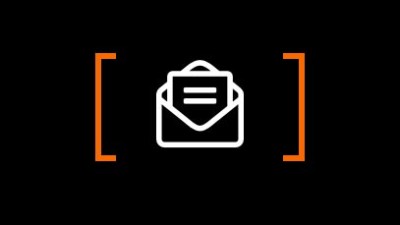From Coffee Shops to Tattoo Parlors: Her Mission is to Connect with Veterans | November 2021
- RIT /
- Diversity and Inclusion /
- Newsletters /
- November 2021 /
- From Coffee Shops to Tattoo Parlors: Her Mission is to Connect with Veterans

Amy Ortiz sees resiliency in a lot of the veterans she meets. She is the assistant director of Veterans Upward Bound. She joined VUB in 2018 after working as a Veteran Program Administrator at Embry-Riddle Aeronautical University in Daytona Beach. She has extensive experience as a School Certifying Official for the Veterans Administration.
“My job is to help military veterans continue their education goals, helping them to apply for college and navigate VA paperwork. To do this, I find and meet with military veterans in a 9 -county region in upstate New York.
Much of that work is done outside her campus office in veteran’s shelters, coffee shops even tattoo parlors.
“I meet with these incredible men and women in a public place that is convenient for them. I listen to their story, try to understand their education goals, and help them execute a plan.
Ortiz says referrals come from schools, veteran’s agencies, the Veterans Administration, social workers, friends, neighbors, and most importantly other veterans.
“A referral from another veterans is always the best as it means I have earned their trust and hopefully served them well.”
Ortiz says some of the veterans she meets have served in a time of peace. Many others served in a time of war. Some have struggles in transitioning to civilian life. Sometimes her role includes helping veterans simply “get back out there” and live their lives.
“I’ve met with men who were incarcerated for 25 years and have no idea how to navigate the new world they have recently been released into. I met with a man who literally ate flowers from his garden for breakfast because he was completely broke and heard some flowers are ok for consumption. I’ve watched men cry as they tell me about watching their buddy die downrange. I’ve watched them shake as they talk about difficult tasks they were commanded to carry out. I’ve seen their brokenness as they tell me about suicide attempts. “
Others have had an easier adjustment to civilian life.
“Many know what they want and how to go about it. They have transitioned well, and just need a bit of assistance with paperwork, the VA, and FAFSA. It is an honor and privilege to work with each one.”
Ortiz graduated with a B.A. in Religion and Philosophy from Roberts Wesleyan College and earned a M.A. in Education and Divinity from Regent University. When she is with veterans, she always tries to be “in the moment”, to listen and offer encouragement. Maybe that’s why she often hears more than just their educational plans.
“As assistant director of VUB, I get to help with the education piece, but as other needs rise to the surface, I am given the freedom to connect these men and women with the resources they need to get those needs met. “
Ortiz is committed to helping veterans and their families. This past academic year, she and her VUB colleagues helped 125 low-income, first generation military veterans as they moved into postsecondary education.
Simply put, she can relate to veterans from her own personal experience.
“I am an Army wife. My husband served 22 years Active Duty. He was medically retired and is a 100% disabled veteran. Most of what I do through VUB comes from having helped my own family navigate these transitions.”
She says she sees resiliency in the veterans she meets? Those veterans probably see a lot of resiliency in her.
Learn more about RIT's Veterans Upward Bound.
Join us for our upcoming 10th annual RIT Veterans Day Breakfast on Thursday, November 11. Register here.



